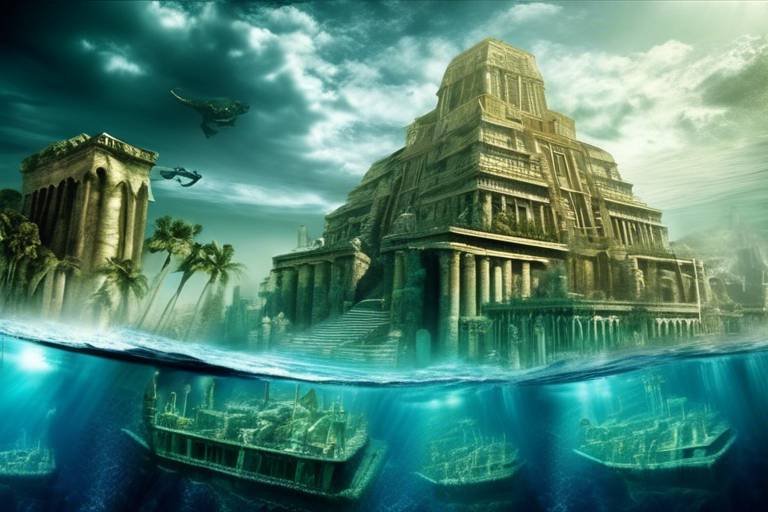The Lost City of Atlantis - Myth or Reality?
Have you ever wondered about the truth behind the mysterious lost city of Atlantis? The legend of Atlantis has captivated the minds of people for centuries, sparking debates and investigations into its existence and ultimate fate. Was Atlantis merely a figment of imagination, a myth woven into the fabric of ancient storytelling, or could it have been a real civilization that met a tragic end?

Origins of the Atlantis Legend
The origins of the Atlantis legend can be traced back to ancient texts, notably the dialogues of the Greek philosopher Plato. In his works Timaeus and Critias, Plato described a powerful and advanced civilization that existed around 9,000 years before his time. According to Plato, Atlantis was a prosperous island nation located beyond the Pillars of Hercules, which is believed to refer to the Strait of Gibraltar.
Plato's detailed accounts of Atlantis include descriptions of its majestic architecture, advanced governance system, and the exceptional knowledge and achievements of its inhabitants. The civilization was said to have been highly developed in various fields, from engineering and agriculture to arts and sciences, making it a utopian society of great significance.
The story of Atlantis has captivated the minds of scholars, historians, and enthusiasts for centuries, inspiring countless debates and speculations about its existence and fate. While some view Atlantis as a mere allegory or moral tale created by Plato, others believe in the possibility of a real lost civilization that met a tragic end.
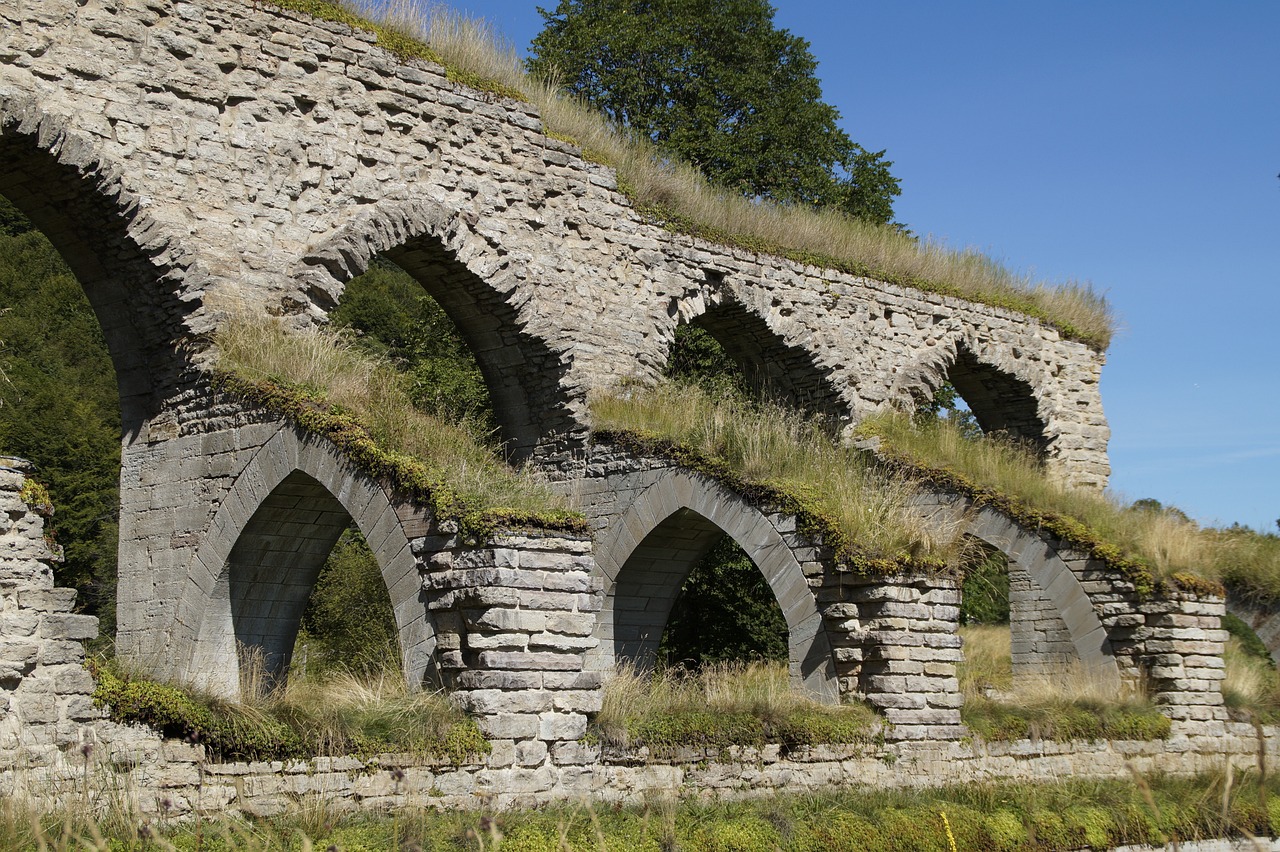
Plato's Account of Atlantis
Plato, the ancient Greek philosopher, provided one of the most detailed accounts of the legendary city of Atlantis in his dialogues Timaeus and Critias. According to Plato, Atlantis was a powerful and advanced civilization that existed around 9,000 years before his time. The city was said to be located beyond the Pillars of Hercules, which are believed to be the Strait of Gibraltar.
Describing the city's governance, Plato mentioned that Atlantis was ruled by a series of kings who were descendants of the sea god Poseidon. The society was known for its sophisticated architecture, including grand temples and harbors that showcased the advanced engineering skills of its inhabitants.
Plato also highlighted the intellectual prowess of the Atlanteans, noting their advanced knowledge in various fields such as science, philosophy, and warfare. The city's military might and strategic acumen were renowned, making Atlantis a dominant force in the ancient world.
Moreover, Plato recounted a cataclysmic event that led to the downfall of Atlantis. He described how the city's hubris and moral decline angered the gods, resulting in a series of natural disasters that ultimately submerged Atlantis beneath the sea, leaving it lost to the depths of time.
While some scholars debate the literal existence of Atlantis as described by Plato, his vivid account has captivated imaginations for centuries, fueling speculation and exploration in search of the fabled city.
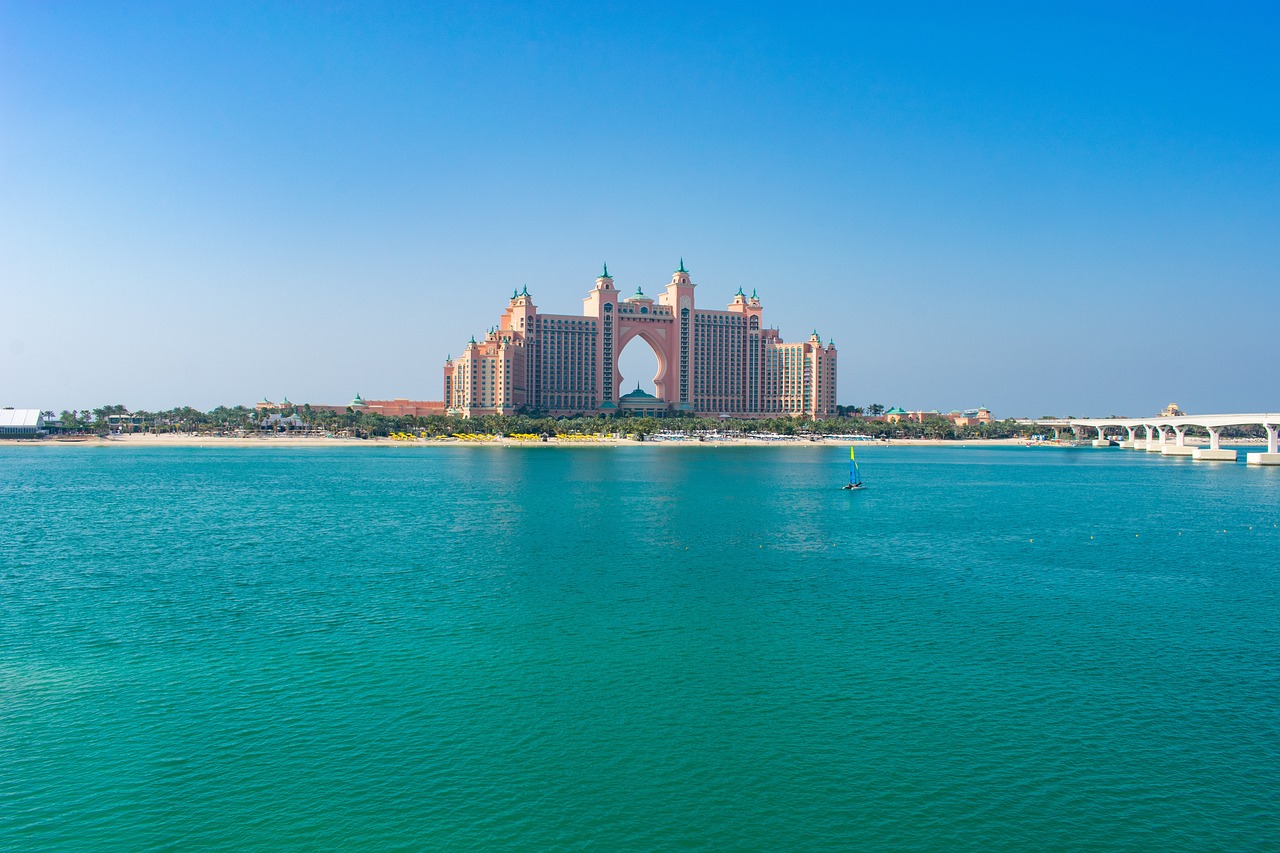
Timaeus
Exploring the mystery surrounding the legendary lost city of Atlantis, delving into historical accounts, modern theories, and archaeological evidence to determine whether it was a mythical creation or a real civilization.
Tracing the origins of the Atlantis myth in ancient texts such as Plato's dialogues, examining the descriptions of the city, its advanced civilization, and the cataclysmic event that led to its disappearance.
Analyzing Plato's detailed descriptions of Atlantis in his dialogues Timaeus and Critias, including its location beyond the Pillars of Hercules, its governance, architecture, and the advanced knowledge of its inhabitants.
Exploring how the Atlantis legend has influenced literature, art, and popular culture throughout history, from Renaissance thinkers to modern-day interpretations in books, films, and games.
Examining various scientific expeditions and research efforts aimed at uncovering the truth behind Atlantis, including geological surveys, underwater exploration, and technological advancements in the search for the lost city.
Considering alternative theories proposing different locations for Atlantis, such as the Mediterranean, the Caribbean, or even Antarctica, and evaluating the evidence supporting these hypotheses.
Discussing the enduring fascination with Atlantis in popular culture, from novels and movies to documentaries and theme park attractions, and how the myth continues to capture the imagination of people worldwide.
Addressing common misconceptions and pseudoscientific claims surrounding Atlantis, separating fact from fiction, and highlighting the importance of critical thinking in evaluating historical mysteries.
Reflecting on the legacy of the Atlantis legend and its impact on our understanding of ancient civilizations, the human quest for knowledge, and the enduring allure of lost worlds and undiscovered secrets.
In Plato's dialogue Timaeus, the character of Timaeus presents a detailed account of the origins of the universe, discussing the creation of the world by a divine craftsman. Timaeus describes the universe as a perfect and harmonious entity, created through a combination of geometric shapes and mathematical principles. This dialogue delves into the nature of reality, the concept of the soul, and the role of the demiurge in shaping the physical world.
Q: Is there any concrete evidence of Atlantis's existence?
A: Despite numerous theories and speculations, no definitive evidence has been found to prove the existence of Atlantis as a real civilization.
Q: Why does the Atlantis myth continue to captivate people's imaginations?
A: The allure of a lost, advanced civilization and the mystery surrounding its disappearance spark curiosity and fascination, fueling ongoing interest in the Atlantis legend.

and
Exploring the mystery surrounding the legendary lost city of Atlantis, delving into historical accounts, modern theories, and archaeological evidence to determine whether it was a mythical creation or a real civilization.
Tracing the origins of the Atlantis myth in ancient texts such as Plato's dialogues, examining the descriptions of the city, its advanced civilization, and the cataclysmic event that led to its disappearance.
Analyzing Plato's detailed descriptions of Atlantis in his dialogues Timaeus and Critias, including its location beyond the Pillars of Hercules, its governance, architecture, and the advanced knowledge of its inhabitants.
Exploring how the Atlantis legend has influenced literature, art, and popular culture throughout history, from Renaissance thinkers to modern-day interpretations in books, films, and games.
Examining various scientific expeditions and research efforts aimed at uncovering the truth behind Atlantis, including geological surveys, underwater exploration, and technological advancements in the search for the lost city.
Considering alternative theories proposing different locations for Atlantis, such as the Mediterranean, the Caribbean, or even Antarctica, and evaluating the evidence supporting these hypotheses.
Discussing the enduring fascination with Atlantis in popular culture, from novels and movies to documentaries and theme park attractions, and how the myth continues to capture the imagination of people worldwide.
Addressing common misconceptions and pseudoscientific claims surrounding Atlantis, separating fact from fiction, and highlighting the importance of critical thinking in evaluating historical mysteries.
Reflecting on the legacy of the Atlantis legend and its impact on our understanding of ancient civilizations, the human quest for knowledge, and the enduring allure of lost worlds and undiscovered secrets.
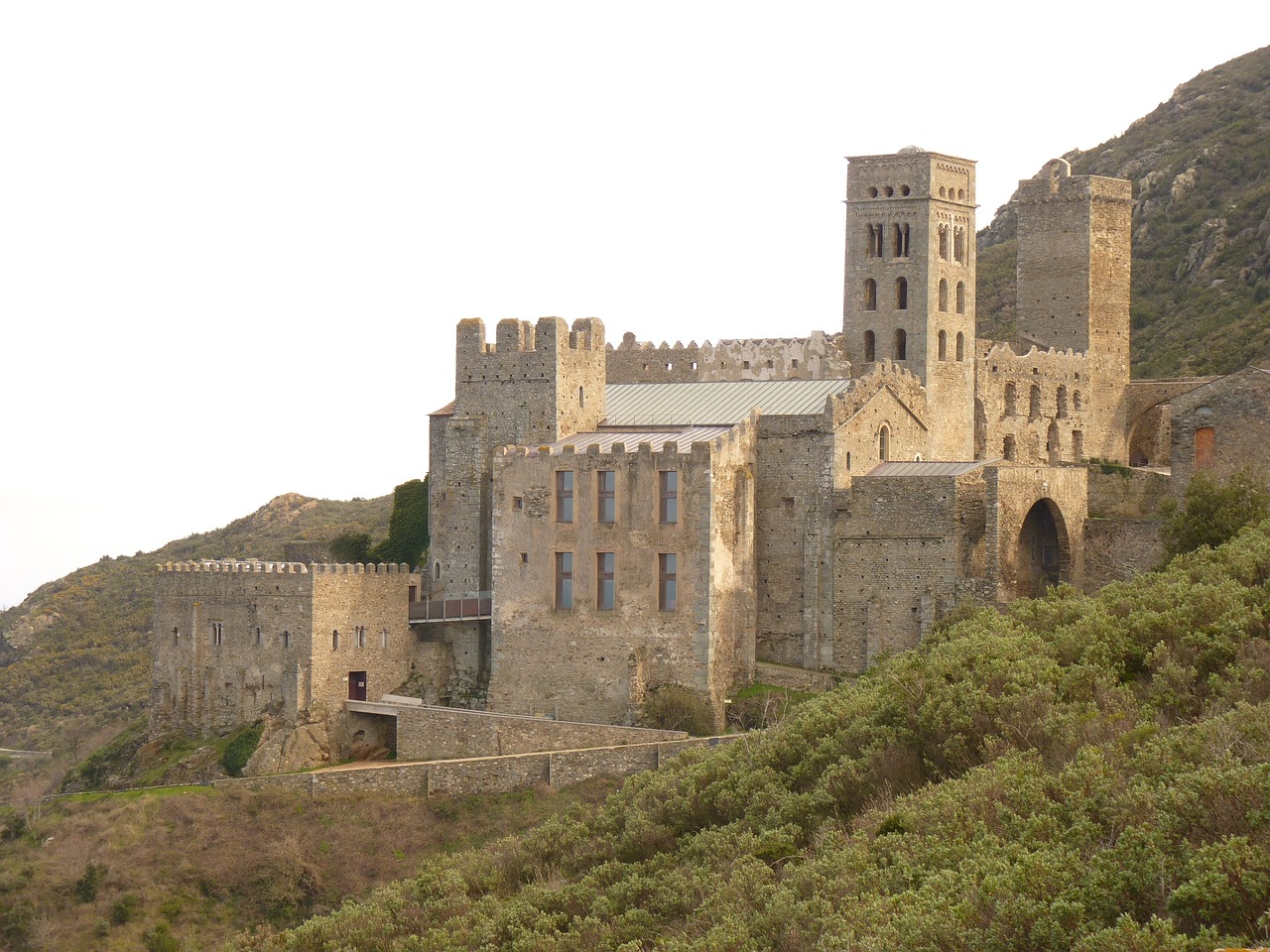
Critias,
Exploring the mystery surrounding the legendary lost city of Atlantis, delving into historical accounts, modern theories, and archaeological evidence to determine whether it was a mythical creation or a real civilization.
Tracing the origins of the Atlantis myth in ancient texts such as Plato's dialogues, examining the descriptions of the city, its advanced civilization, and the cataclysmic event that led to its disappearance.
Analyzing Plato's detailed descriptions of Atlantis in his dialogues Timaeus and Critias, including its location beyond the Pillars of Hercules, its governance, architecture, and the advanced knowledge of its inhabitants.
Exploring how the Atlantis legend has influenced literature, art, and popular culture throughout history, from Renaissance thinkers to modern-day interpretations in books, films, and games.
Examining various scientific expeditions and research efforts aimed at uncovering the truth behind Atlantis, including geological surveys, underwater exploration, and technological advancements in the search for the lost city.
Considering alternative theories proposing different locations for Atlantis, such as the Mediterranean, the Caribbean, or even Antarctica, and evaluating the evidence supporting these hypotheses.
Discussing the enduring fascination with Atlantis in popular culture, from novels and movies to documentaries and theme park attractions, and how the myth continues to capture the imagination of people worldwide.
Addressing common misconceptions and pseudoscientific claims surrounding Atlantis, separating fact from fiction, and highlighting the importance of critical thinking in evaluating historical mysteries.
Reflecting on the legacy of the Atlantis legend and its impact on our understanding of ancient civilizations, the human quest for knowledge, and the enduring allure of lost worlds and undiscovered secrets.
Critias, one of Plato's dialogues, provides a detailed account of the lost city of Atlantis. In this dialogue, Critias narrates the story of Atlantis as told to him by his grandfather, who had received the information from the famous lawmaker Solon. According to Critias, Atlantis was a powerful and advanced civilization that existed 9,000 years before his time. The city was said to be located beyond the Pillars of Hercules, which are believed to be the Strait of Gibraltar.
Plato describes Atlantis as a utopian society with concentric rings of water and land, showcasing the city's exceptional architectural design. The inhabitants of Atlantis were depicted as highly skilled and knowledgeable, possessing advanced technology and a harmonious way of life. However, their prosperity and arrogance eventually led to their downfall, as the gods punished them with a catastrophic event that submerged the city into the depths of the sea.
Critias' narrative not only adds to the mystique surrounding Atlantis but also raises questions about the nature of human civilization, the hubris of power, and the consequences of divine retribution. The detailed descriptions in Critias provide a vivid picture of a lost world that continues to captivate the imagination of historians, archaeologists, and enthusiasts alike.

including its location beyond the Pillars of Hercules, its governance, architecture, and the advanced knowledge of its inhabitants.
Exploring the mystery surrounding the legendary lost city of Atlantis, delving into historical accounts, modern theories, and archaeological evidence to determine whether it was a mythical creation or a real civilization.
Tracing the origins of the Atlantis myth in ancient texts such as Plato's dialogues, examining the descriptions of the city, its advanced civilization, and the cataclysmic event that led to its disappearance.
Analyzing Plato's detailed descriptions of Atlantis in his dialogues Timaeus and Critias, including its location beyond the Pillars of Hercules, its governance, architecture, and the advanced knowledge of its inhabitants.
Exploring how the Atlantis legend has influenced literature, art, and popular culture throughout history, from Renaissance thinkers to modern-day interpretations in books, films, and games.
Examining various scientific expeditions and research efforts aimed at uncovering the truth behind Atlantis, including geological surveys, underwater exploration, and technological advancements in the search for the lost city.
Considering alternative theories proposing different locations for Atlantis, such as the Mediterranean, the Caribbean, or even Antarctica, and evaluating the evidence supporting these hypotheses.
Discussing the enduring fascination with Atlantis in popular culture, from novels and movies to documentaries and theme park attractions, and how the myth continues to capture the imagination of people worldwide.
Addressing common misconceptions and pseudoscientific claims surrounding Atlantis, separating fact from fiction, and highlighting the importance of critical thinking in evaluating historical mysteries.
Reflecting on the legacy of the Atlantis legend and its impact on our understanding of ancient civilizations, the human quest for knowledge, and the enduring allure of lost worlds and undiscovered secrets.
Plato's account of Atlantis provides a vivid portrayal of this enigmatic civilization. According to his dialogues Timaeus and Critias, Atlantis was located beyond the Pillars of Hercules, likely in the Atlantic Ocean. The city was said to be governed by a series of concentric walls and canals, showcasing advanced architectural planning. The inhabitants of Atlantis were described as possessing remarkable knowledge in various fields, including science, engineering, and governance. This advanced society was believed to have thrived for centuries before its eventual demise in a catastrophic event.
Q: Is there any concrete evidence of Atlantis's existence?
A: Despite numerous theories and speculations, no definitive proof of Atlantis's existence has been found to date.
Q: Why does the Atlantis legend continue to captivate people?
A: The allure of a lost civilization with advanced technology and mysterious disappearance appeals to our sense of curiosity and wonder, sparking endless fascination and exploration.
Q: What lessons can we learn from the story of Atlantis?
A: The tale of Atlantis serves as a cautionary reminder of the fragility of civilizations and the importance of preserving knowledge and history for future generations.

Historical and Cultural Impact
The legend of Atlantis has left a profound mark on history and culture, captivating the minds of people for centuries. From the time of its first mention by the ancient Greek philosopher Plato, Atlantis has sparked a wave of fascination that continues to ripple through various artistic and intellectual endeavors.
During the Renaissance period, the Atlantis myth experienced a resurgence, with thinkers and scholars like Sir Francis Bacon and John Dee pondering the possibility of its existence. Artists such as J.M.W. Turner and Edgar Allan Poe also drew inspiration from the enigmatic city, incorporating its themes of grandeur and downfall into their works.
As time progressed, Atlantis became a recurring motif in literature, serving as a symbol of utopia, hubris, and the impermanence of human achievements. Writers like Jules Verne and H.G. Wells wove tales of lost civilizations and submerged cities, drawing parallels to the mysterious allure of Atlantis.
In the realm of popular culture, Atlantis has made a splash in various forms of media, from blockbuster movies like "Atlantis: The Lost Empire" to video games like "Assassin's Creed Odyssey." Its portrayal in these modern adaptations reflects a blend of ancient mystique and contemporary imagination, keeping the legend alive in the hearts of new generations.
Moreover, the enduring appeal of Atlantis extends beyond entertainment, seeping into scientific discourse and historical debates. While some dismiss Atlantis as pure fantasy, others view it as a symbol of human curiosity and the quest for knowledge, prompting ongoing discussions about the boundaries between myth and reality.
Overall, the historical and cultural impact of Atlantis serves as a testament to the power of storytelling and the enduring legacy of ancient myths. Whether viewed as a cautionary tale, a source of inspiration, or a tantalizing mystery waiting to be unraveled, Atlantis continues to hold a special place in the collective imagination of humanity.
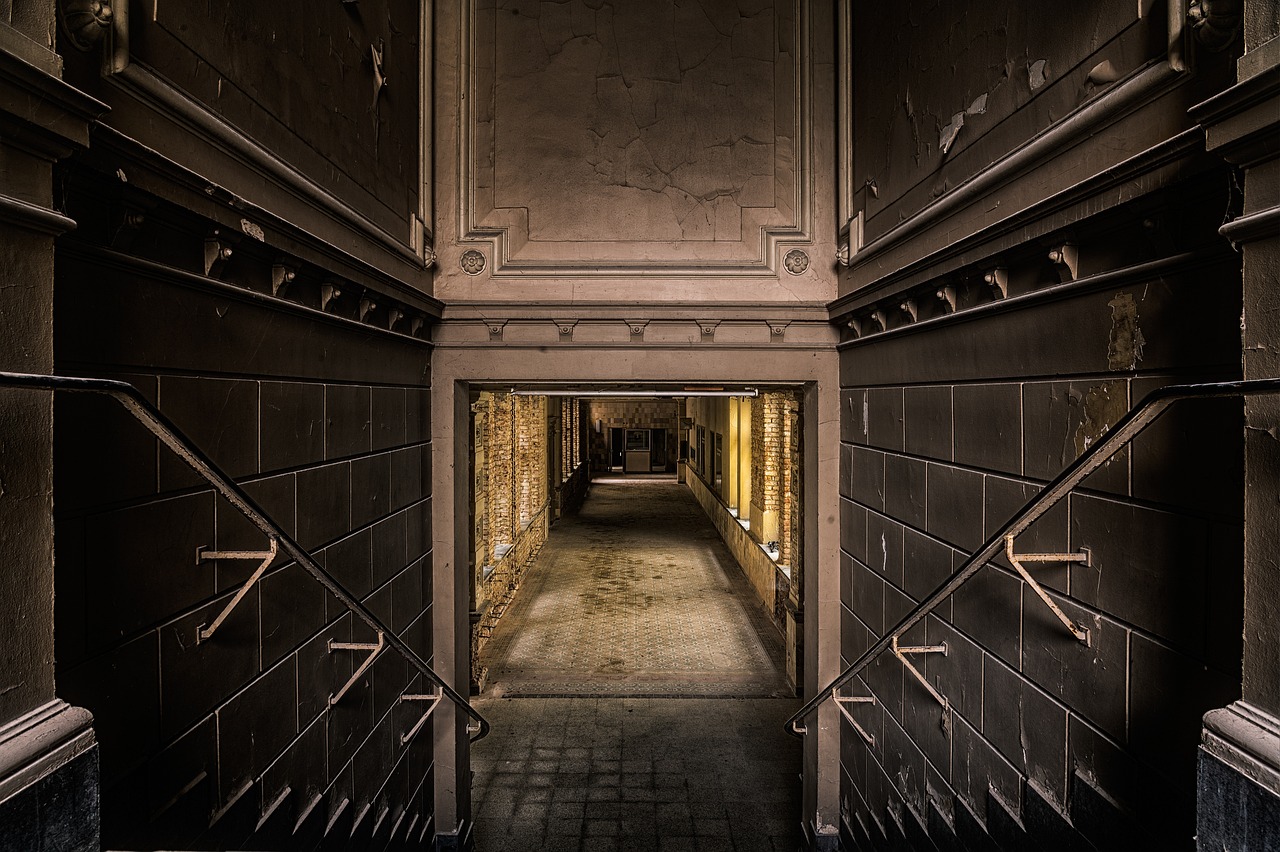
Scientific Investigations and Theories
Scientific investigations into the existence of Atlantis have sparked numerous theories and debates among scholars, archaeologists, and enthusiasts. One of the most notable efforts was conducted by the Greek archaeologist, Dr. Angelos Galanopoulos, who proposed that Santorini, a volcanic island in the Aegean Sea, could be the location of Atlantis. Galanopoulos linked the destruction of Santorini in the 16th century BC to the cataclysmic event described by Plato.
Furthermore, modern technology has enabled researchers to conduct underwater surveys and explore the depths of the ocean in search of potential remnants of the lost city. Advanced sonar imaging and deep-sea diving expeditions have been employed to investigate anomalies on the ocean floor that could be linked to Atlantis.
Geological studies have also played a crucial role in unraveling the mystery of Atlantis. Some scientists suggest that the tectonic activity in the Mediterranean region could have led to the submergence of a landmass, potentially Atlantis, thousands of years ago. These geological findings have added a new dimension to the search for the legendary city.
Moreover, interdisciplinary research combining archaeology, geology, and anthropology has shed light on the possible cultural and societal aspects of the Atlantis civilization. By analyzing ancient artifacts, geological formations, and historical records, experts aim to piece together the puzzle of Atlantis and determine whether it was a product of myth or a lost civilization waiting to be discovered.

Alternative Locations and Theories
When it comes to the mysterious lost city of Atlantis, the search for its true location has sparked numerous theories and debates among scholars, researchers, and enthusiasts alike. While the most popular belief points to Atlantis being submerged somewhere in the Atlantic Ocean, there are alternative theories proposing different locations that challenge this traditional view.
One of the alternative theories suggests that Atlantis could have been situated in the Mediterranean region. Proponents of this theory argue that the descriptions provided by Plato align more closely with the geography and topography of the Mediterranean, rather than the vast expanse of the Atlantic Ocean. They point to archaeological findings and ancient ruins in the Mediterranean as potential evidence of Atlantis's existence in this area.
Another intriguing theory places Atlantis in the Caribbean, specifically in the vicinity of the Bahamas or Cuba. Advocates of this theory draw parallels between the geological formations in the Caribbean and Plato's descriptions of Atlantis's landscape. They speculate that a cataclysmic event, such as a volcanic eruption or earthquake, could have submerged the island beneath the waters of the Caribbean Sea.
Furthermore, some unconventional theories even propose Antarctica as the location of Atlantis. Proponents of this idea suggest that Antarctica was once a habitable landmass before it became covered in ice, and that ancient civilizations may have thrived there. They speculate that shifting tectonic plates or climatic changes could have caused Atlantis to disappear beneath the icy surface of Antarctica.
While these alternative locations and theories offer intriguing possibilities, the search for Atlantis continues to captivate the imagination of explorers and researchers worldwide. Whether Atlantis is a mythical creation or a lost civilization waiting to be discovered, the quest for the truth behind this enigmatic legend remains a compelling mystery that fuels curiosity and exploration.
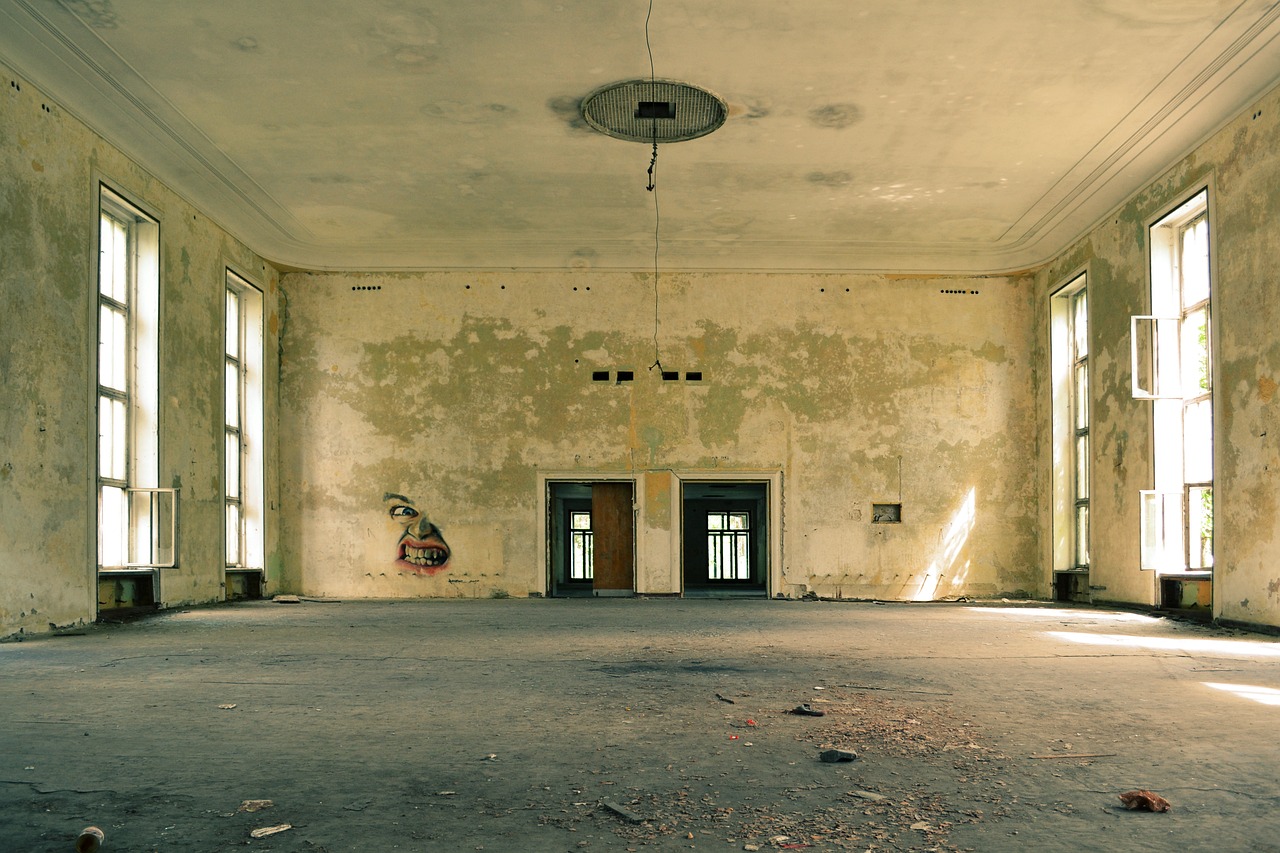
Atlantis in Popular Culture
Exploring the mystery surrounding the legendary lost city of Atlantis, delving into historical accounts, modern theories, and archaeological evidence to determine whether it was a mythical creation or a real civilization.
Tracing the origins of the Atlantis myth in ancient texts such as Plato's dialogues, examining the descriptions of the city, its advanced civilization, and the cataclysmic event that led to its disappearance.
Analyzing Plato's detailed descriptions of Atlantis in his dialogues Timaeus and Critias, including its location beyond the Pillars of Hercules, its governance, architecture, and the advanced knowledge of its inhabitants.
Exploring how the Atlantis legend has influenced literature, art, and popular culture throughout history, from Renaissance thinkers to modern-day interpretations in books, films, and games.
Examining various scientific expeditions and research efforts aimed at uncovering the truth behind Atlantis, including geological surveys, underwater exploration, and technological advancements in the search for the lost city.
Considering alternative theories proposing different locations for Atlantis, such as the Mediterranean, the Caribbean, or even Antarctica, and evaluating the evidence supporting these hypotheses.
Discussing the enduring fascination with Atlantis in popular culture, from novels and movies to documentaries and theme park attractions, and how the myth continues to capture the imagination of people worldwide.
Addressing common misconceptions and pseudoscientific claims surrounding Atlantis, separating fact from fiction, and highlighting the importance of critical thinking in evaluating historical mysteries.
Reflecting on the legacy of the Atlantis legend and its impact on our understanding of ancient civilizations, the human quest for knowledge, and the enduring allure of lost worlds and undiscovered secrets.
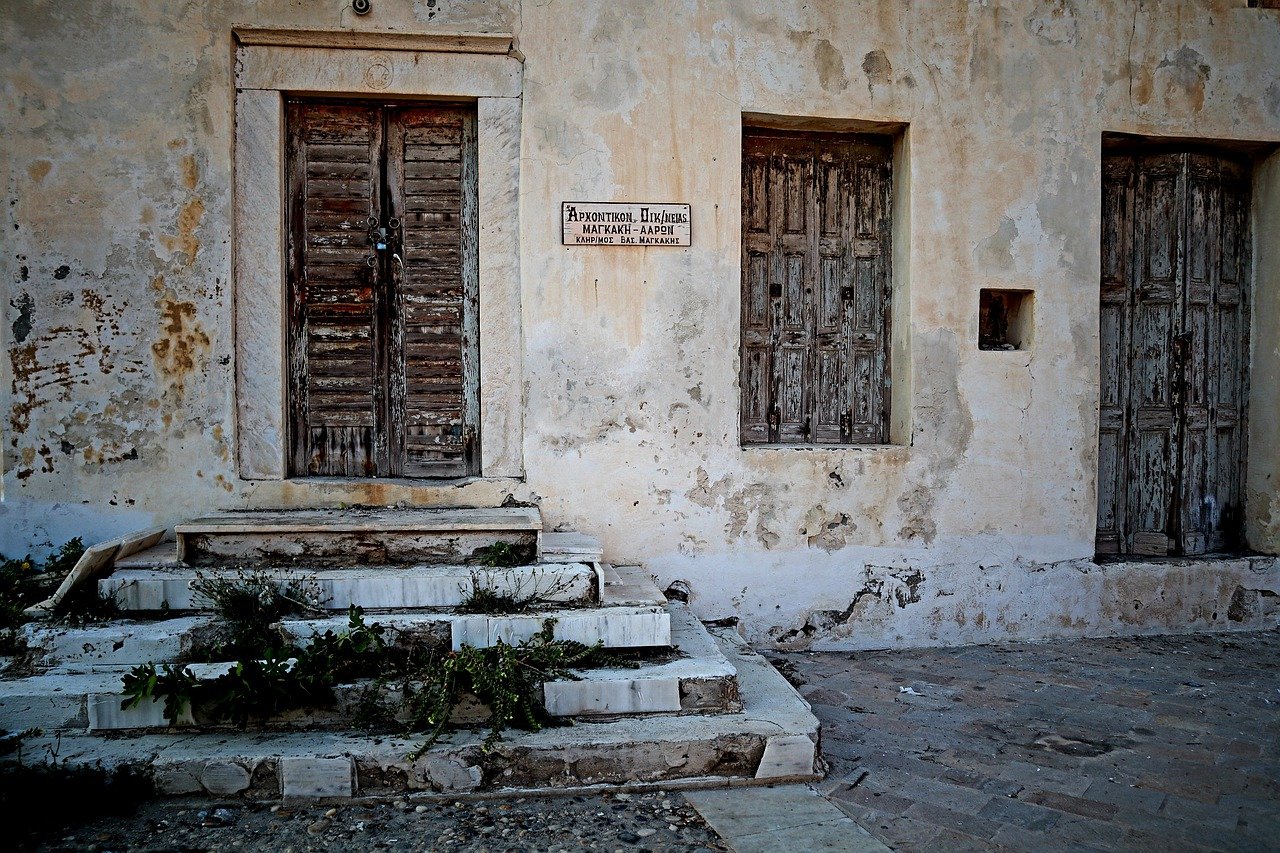
Debunking Atlantis Myths
One of the most persistent and intriguing mysteries surrounding the lost city of Atlantis is the plethora of myths and misconceptions that have shrouded its existence. Over the centuries, numerous fantastical claims and pseudoscientific theories have emerged, blurring the lines between fact and fiction. It is essential to debunk these Atlantis myths to separate truth from speculation and approach the subject with a critical eye.
One common misconception is the belief that Atlantis was an advanced civilization far superior to any ancient society. While Plato's accounts describe a prosperous and technologically adept city, it is crucial to recognize that these descriptions may have been embellished or symbolic in nature. The idea of a utopian society with futuristic technology may be more fiction than reality.
Another myth surrounding Atlantis is the notion that it was a highly militaristic empire with aggressive expansionist tendencies. Some interpretations depict Atlantis as a warlike civilization that sought to conquer neighboring lands. However, historical evidence and archaeological findings do not support this aggressive characterization, leading to questions about the validity of such claims.
Furthermore, there are claims suggesting that Atlantis possessed supernatural powers or connections to extraterrestrial beings. These far-fetched theories often lack concrete evidence and rely on speculation rather than scientific inquiry. It is essential to approach the study of Atlantis with a rational and analytical mindset, focusing on verifiable facts rather than sensationalized myths.
By debunking these Atlantis myths and separating fact from fiction, we can gain a clearer understanding of the legend's origins and significance. Critical thinking and evidence-based analysis are crucial in unraveling the mysteries of the past and distinguishing between historical reality and imaginative storytelling.
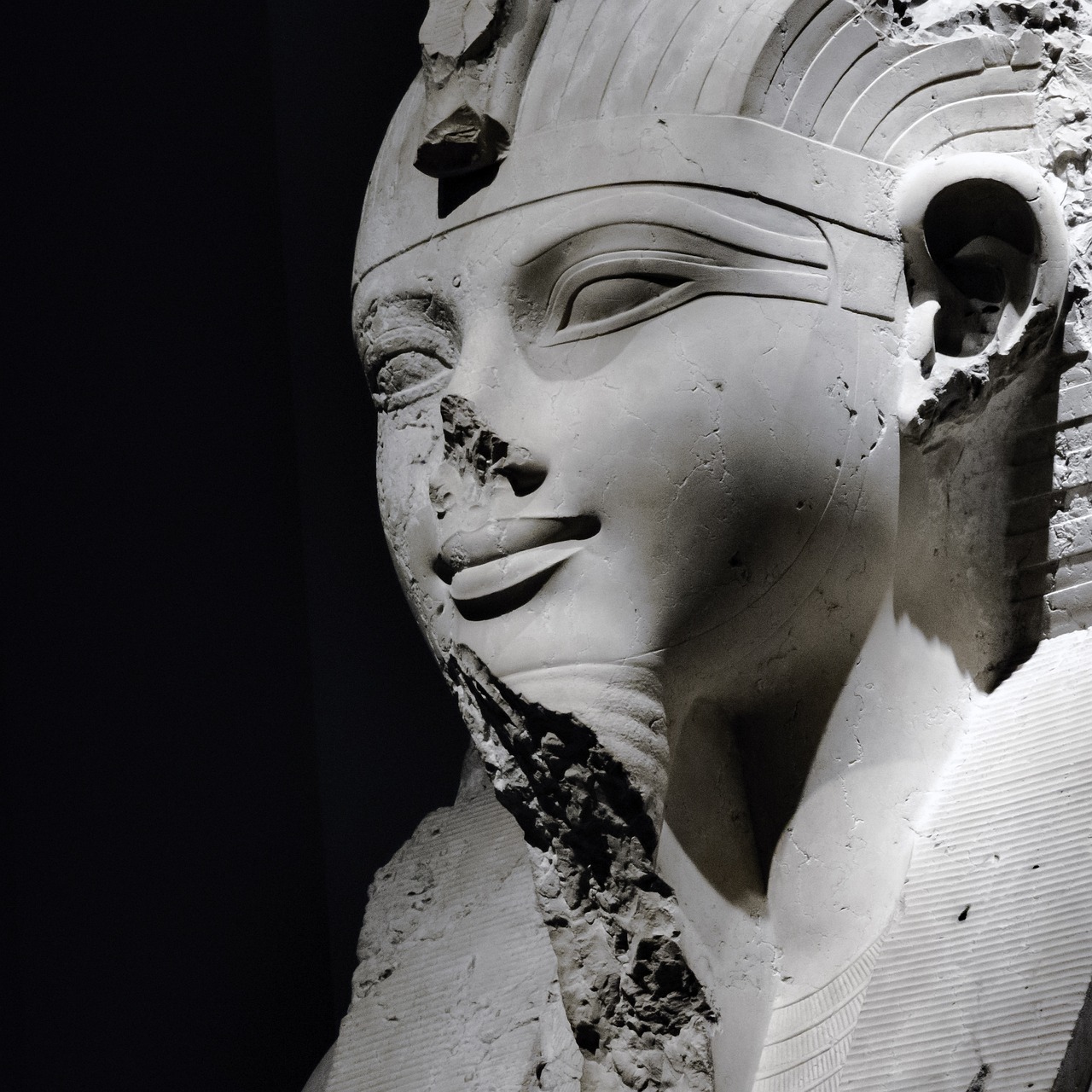
The Legacy of Atlantis
The legacy of Atlantis continues to captivate the minds of historians, archaeologists, and enthusiasts alike. While the existence of the fabled city remains a subject of debate and speculation, its legacy has left an indelible mark on our understanding of ancient civilizations and the human quest for knowledge. The enduring allure of Atlantis lies in its status as a symbol of a lost world full of undiscovered secrets and mysteries waiting to be unraveled.
Throughout history, Atlantis has served as a source of inspiration for countless works of literature, art, and popular culture. From Renaissance thinkers who pondered its existence to modern-day authors and filmmakers who have reimagined the city in various forms, the legacy of Atlantis lives on through creative interpretations that continue to spark curiosity and imagination.
Moreover, the story of Atlantis reminds us of the fragility of civilizations and the impermanence of human achievements. The cataclysmic fate that befell the advanced society of Atlantis serves as a cautionary tale about the hubris of power and the consequences of environmental destruction, resonating with contemporary concerns about sustainability and the preservation of our planet.
As we delve deeper into the mysteries surrounding Atlantis, we are reminded of the importance of exploring the unknown and pushing the boundaries of our knowledge. The quest for Atlantis symbolizes humanity's relentless pursuit of truth and understanding, driving us to uncover the secrets of the past and unravel the mysteries of lost civilizations.
Frequently Asked Questions
- Is Atlantis a real place?
While the existence of Atlantis remains a subject of debate and mystery, there is no concrete evidence to prove its existence as a real civilization. The Atlantis legend is primarily based on ancient texts and has not been substantiated by archaeological findings.
- Where was Atlantis located according to historical accounts?
According to Plato's dialogues, Atlantis was located beyond the Pillars of Hercules, which is believed to be the Strait of Gibraltar. However, the exact location of Atlantis remains uncertain, with various theories proposing different regions such as the Mediterranean, the Caribbean, or even Antarctica.
- What impact has the Atlantis myth had on popular culture?
The Atlantis legend has had a significant influence on literature, art, and popular culture throughout history. It has inspired numerous books, movies, and games, capturing the imagination of people worldwide with its tales of a lost civilization and advanced technology.
- Are there any scientific investigations into the existence of Atlantis?
Several scientific expeditions and research efforts have been conducted to uncover the truth behind Atlantis. These investigations include geological surveys, underwater explorations, and advanced technologies aimed at solving the mystery of the lost city.
- How do we separate fact from fiction when it comes to Atlantis?
It is essential to approach the Atlantis myth with a critical mindset, distinguishing between historical accounts and fictional interpretations. By evaluating evidence objectively and considering multiple perspectives, we can discern the truth behind the Atlantis legend.

